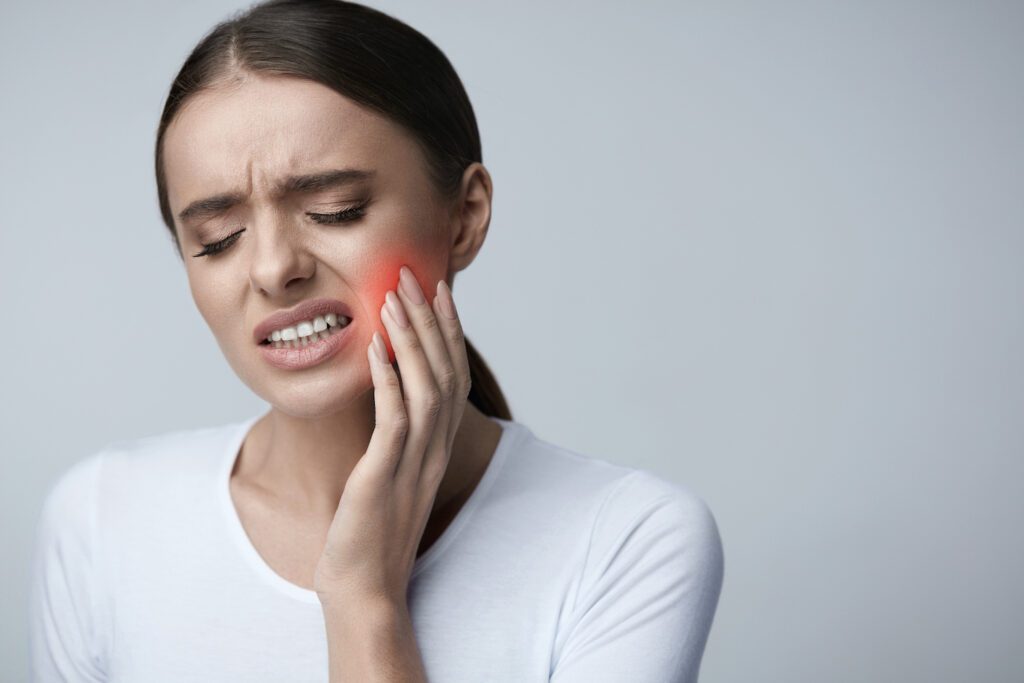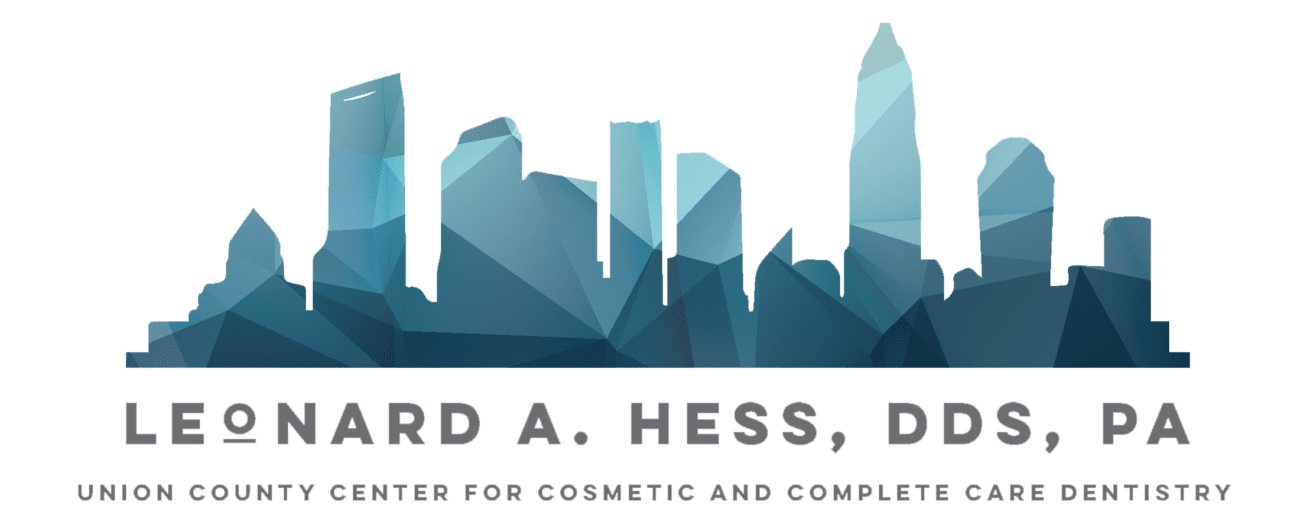Temporomandibular joint (TMJ) disorders affect the jaw joint and surrounding muscles. These disorders can cause significant discomfort and disrupt daily activities. Symptoms include jaw pain, clicking or popping sounds, and difficulty chewing. Some people may also experience headaches and ear pain. Understanding the root cause is crucial for effective treatment.

Non-Surgical Treatments
Non-surgical treatments are often the first line of defense against TMJ disorders. These methods aim to alleviate symptoms without the need for invasive procedures. They are generally considered safe and effective.
Medications
Medications could help manage the pain and inflammation associated with TMJ disorders. Over-the-counter pain relievers like ibuprofen and acetaminophen are commonly used. These medications can reduce inflammation and provide temporary relief. Always consult a healthcare provider before starting any medication.
Physical Therapy
Physical therapy plays a crucial role in treating TMJ disorders. Specific exercises can strengthen jaw muscles and improve range of motion. Therapists may also use ultrasound, moist heat, or ice packs to reduce pain and inflammation. Consistency is key for effective results. Regular physical therapy sessions can significantly improve jaw function and reduce pain.
Dental Appliances
Dental appliances, such as mouthguards or splints, can prevent teeth grinding and clenching. These devices can reduce strain on the jaw and alleviate pain. Custom-fit appliances are often more effective than over-the-counter options. A dentist can create a personalized appliance based on the patient’s needs. Night guards are commonly used to prevent nighttime grinding. Daytime appliances can also be worn to reduce jaw tension. Regular check-ups are essential to ensure the appliance remains effective.
Preventing TMJ
Preventative measures can complement treatment and provide additional relief. By takign care of your overall health, you could help improve TMJ symptoms.
Dietary Modifications
Dietary modifications can reduce strain on the jaw. Soft foods, such as yogurt, mashed potatoes, and smoothies, can be easier to chew. Avoid hard or chewy foods, like nuts, raw vegetables, and gum. Cutting food into small pieces can also help. Staying hydrated is essential for overall health and can reduce muscle tension.
Jaw Exercises
Simple jaw exercises can strengthen muscles and improve mobility. These exercises can include gentle stretching, resistance training, and relaxation techniques. A healthcare provider or physical therapist can recommend specific exercises. Consistent practice is crucial for effective results. Performing exercises daily can help maintain jaw function and reduce pain.
Posture Improvement
Good posture could reduce jaw pain and improve overall alignment. Avoid slouching or leaning forward, especially when sitting for long periods. Maintain a neutral spine position and keep shoulders relaxed. Ergonomic adjustments to workspaces can also help. Proper posture can reduce strain on the neck and jaw, alleviating TMJ symptoms.
Finding the Right Treatment
Finding the right treatment for TMJ disorders requires a comprehensive approach. Consult with healthcare professionals to determine the best course of action. Each patient’s needs are unique and may require a combination of treatments. Regular follow-ups are essential to monitor progress and adjust treatments as needed. Early intervention can prevent symptoms from worsening and improve quality of life.
At Dr. Leonard Hess Dentistry, we offer tailored treatment plans for TMJ disorders. Our team is dedicated to providing the best care possible. Contact us today to schedule a consultation.
